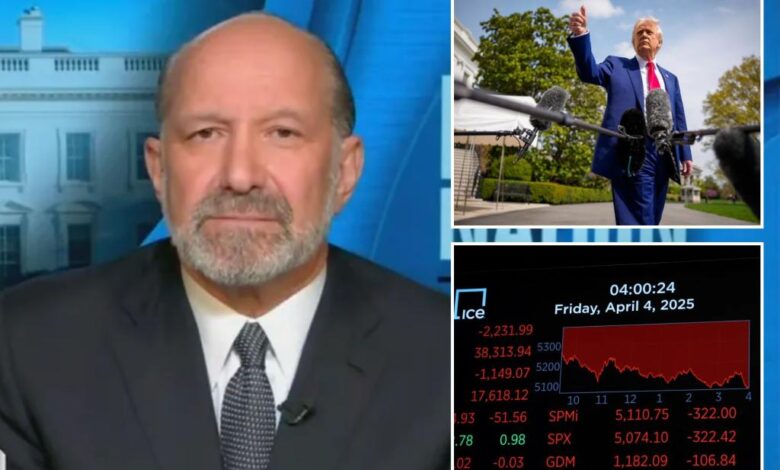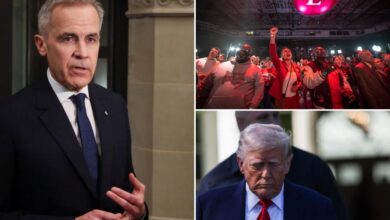50 nations reached out to negotiate tariffs with US: Lutnick

Commerce Secretary Howard Lutnick has stated that despite outreach from about 50 nations to discuss President Trump’s tariffs, there will be no stopping the levies from going forward. Lutnick defended the president’s economic plan, suggesting that foreign countries reaching out proves that they have been taking advantage of the US.
In a recent interview on CBS’s Face The Nation, Lutnick emphasized that the tariffs will not be postponed and will remain in place for the foreseeable future. He made it clear that there is no room for negotiations and that the tariffs will take effect as planned.
Following Trump’s announcement of sweeping 10% tariffs on nearly 90 nations, with even steeper ones set to come into effect on Wednesday, the stock market experienced a significant plunge. Despite this, Lutnick reaffirmed the necessity of the new taxes on imports as a way to bring manufacturing back to the US and hold trade partners accountable.
The goal of the tariffs, according to Lutnick, is to reset global trade and address the trade deficit that the US faces. He emphasized that the rules of trade are not fair and that President Trump is taking steps to rectify this imbalance.
Despite calls from countries like Vietnam for a delay in the tariffs and opening up negotiations, Lutnick maintained that the tariffs will proceed as planned. Vietnamese Deputy Prime Minister Bui Thanh Son met with US officials to request a delay in the tariffs, as Vietnam stands to be heavily impacted by the steep levies.
Trump trade adviser Peter Navarro echoed Lutnick’s sentiments, stating that the focus should be on addressing non-tariff cheating in trade agreements. While Trump has portrayed the tariffs as a negotiation tactic to improve US trade, there are concerns that they may lead to a full-blown trade war if not handled carefully.
Overall, the message from the Trump administration is clear – the tariffs will proceed as planned, regardless of international outreach or concerns. The focus remains on reshaping global trade to benefit the US economy and address longstanding trade imbalances.





